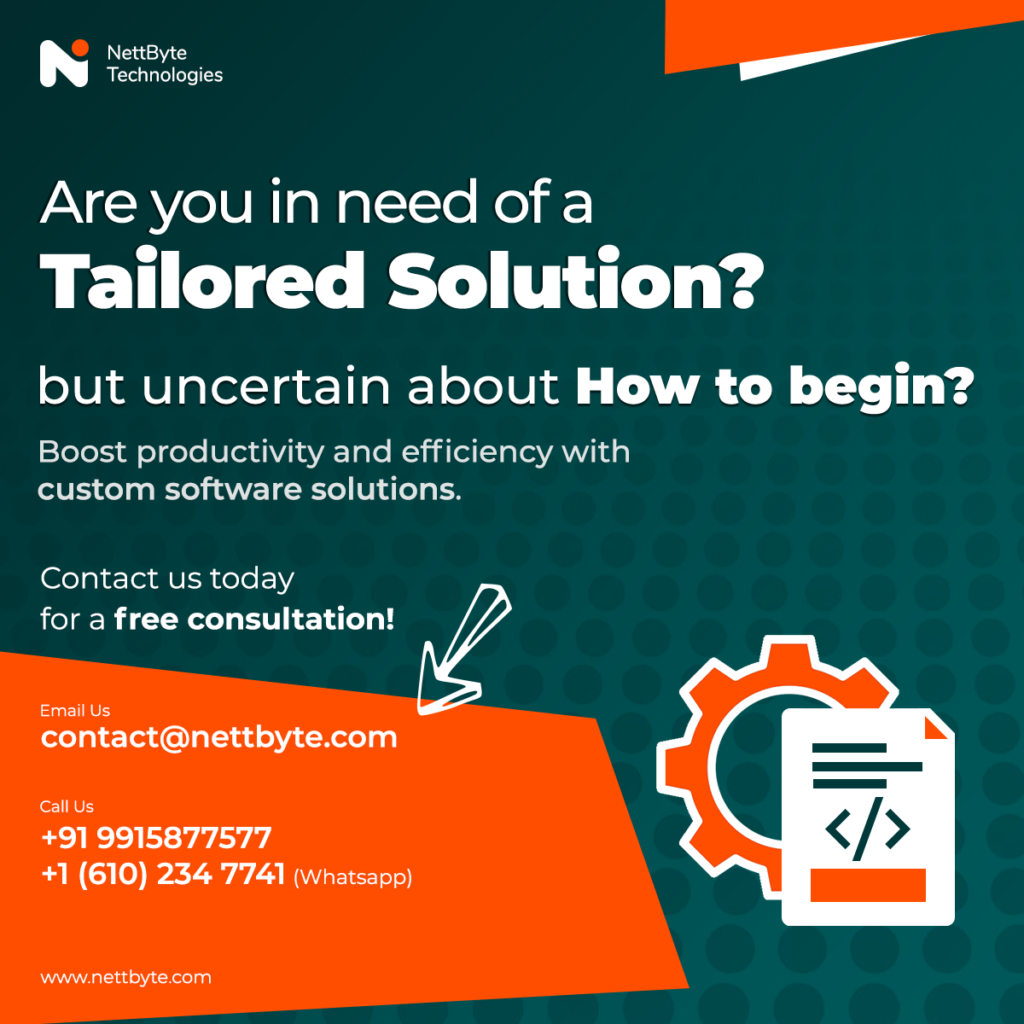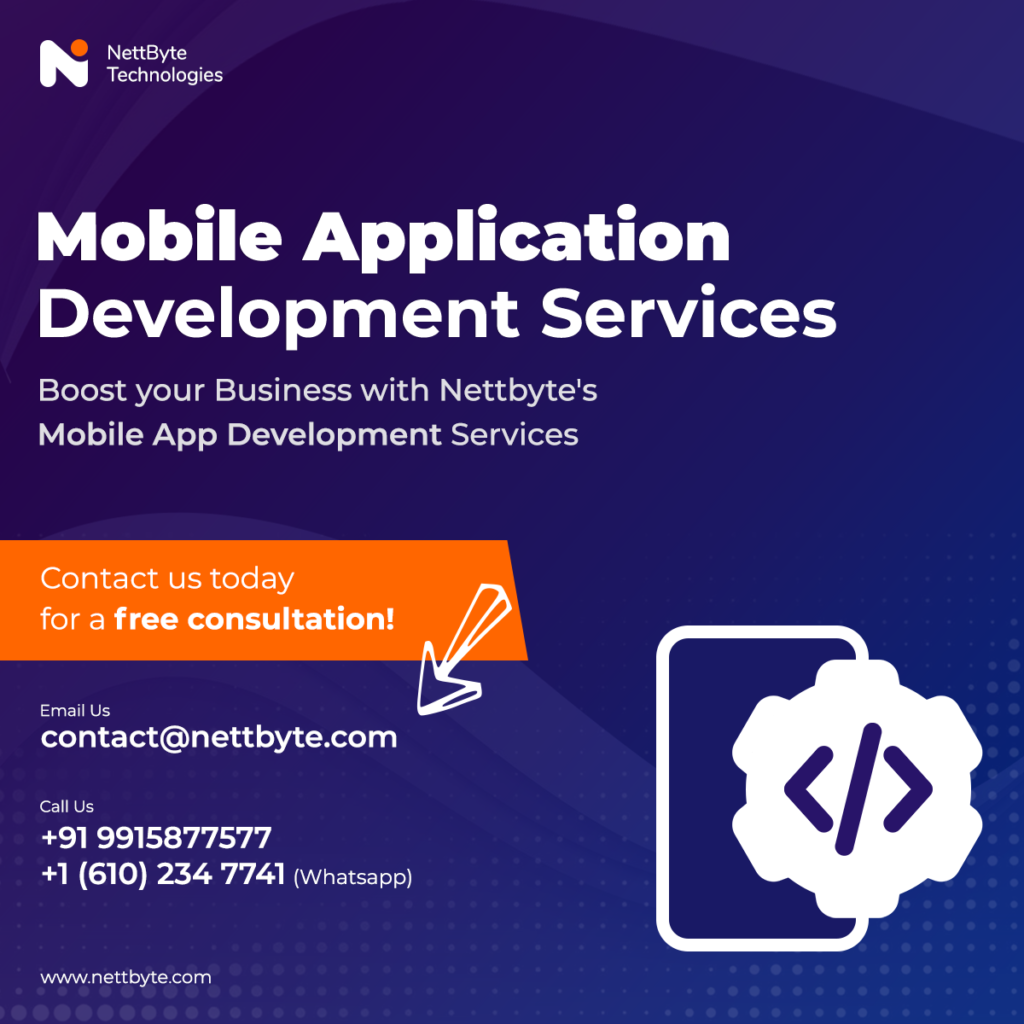The concept of the Minimum Viable Product (MVP) is widely embraced in the startup world as a strategic approach to building and launching a new product or service. However, not all MVPs achieve the desired success. In this article, we’ll delve into common reasons why MVPs fail and provide insights on how to avoid these mistakes to increase your chances of building a successful MVP.
1. Lack of Clear Vision:
Mistake: Failing to define a clear vision for your MVP can lead to confusion, scope creep, and an underwhelming product.
Solution: Clearly define your MVP’s purpose, goals, and target audience. Have a concise description of what your product aims to solve and what value it offers.
2. Poor Market Research:
Mistake: Neglecting thorough market research can result in developing a product that lacks a competitive edge or doesn’t resonate with the target audience.
Solution: Conduct comprehensive market research to identify your target audience’s pain points, preferences, and existing solutions. Use this information to refine your MVP’s features.
3. Overloading Features:
Mistake: Trying to incorporate too many features into your MVP can lead to complexity, extended development time, and a diluted user experience.
Solution: Focus on the core functionalities that address the primary pain points of your target audience. Prioritize features that provide the most value.
4. Ignoring User Feedback:
Mistake: Not seeking or heeding user feedback during the MVP development phase can result in building a product that doesn’t align with user needs.
Solution: Engage with potential users early and often. Gather feedback, iterate based on suggestions, and make improvements accordingly.
5. Rushing the Development Process:
Mistake: Trying to rush the development process to launch quickly can lead to poor quality, technical issues, and a subpar user experience.
Solution: Prioritize a well-tested and stable MVP over a rushed release. Deliver a product that works seamlessly and meets user expectations.
6. Inadequate User Onboarding:
Mistake: A lack of user-friendly onboarding can lead to confusion and frustration among users, causing them to abandon your MVP.
Solution: Design a simple and intuitive onboarding process that guides users through the product’s features and benefits.
7. Disregarding Design and UX:
Mistake: Neglecting design aesthetics and user experience can result in an unattractive and difficult-to-use MVP.
Solution: Invest in a user-centered design that enhances the user experience and aligns with your brand’s identity.
Custom Software Development
8. Misaligned Business Model:
Mistake: Developing an MVP without a sustainable and scalable business model can hinder long-term success.
Solution: Ensure your MVP’s business model aligns with your target audience’s willingness to pay and your growth strategy.
9. Inadequate Testing:
Mistake: Skipping comprehensive testing can lead to bugs, glitches, and poor performance, eroding user confidence.
Solution: Conduct thorough testing, including usability testing, performance testing, and security testing, to ensure a smooth user experience.
10. Ignoring Competition:
Mistake: Disregarding your competition can result in building an MVP that fails to differentiate itself in the market.
Solution: Study your competitors, analyze their strengths and weaknesses, and identify opportunities to stand out.
In Conclusion:
The allure of MVPs lies in their ability to efficiently validate ideas and bring products to market. However, avoiding these common mistakes is crucial to ensure the success of your MVP. A clear vision, solid research, careful feature selection, continuous user engagement, and a commitment to quality are essential factors in building an MVP that resonates with users and lays the foundation for a successful product journey. By learning from these pitfalls and applying best practices, you can navigate the path to MVP success and beyond.







